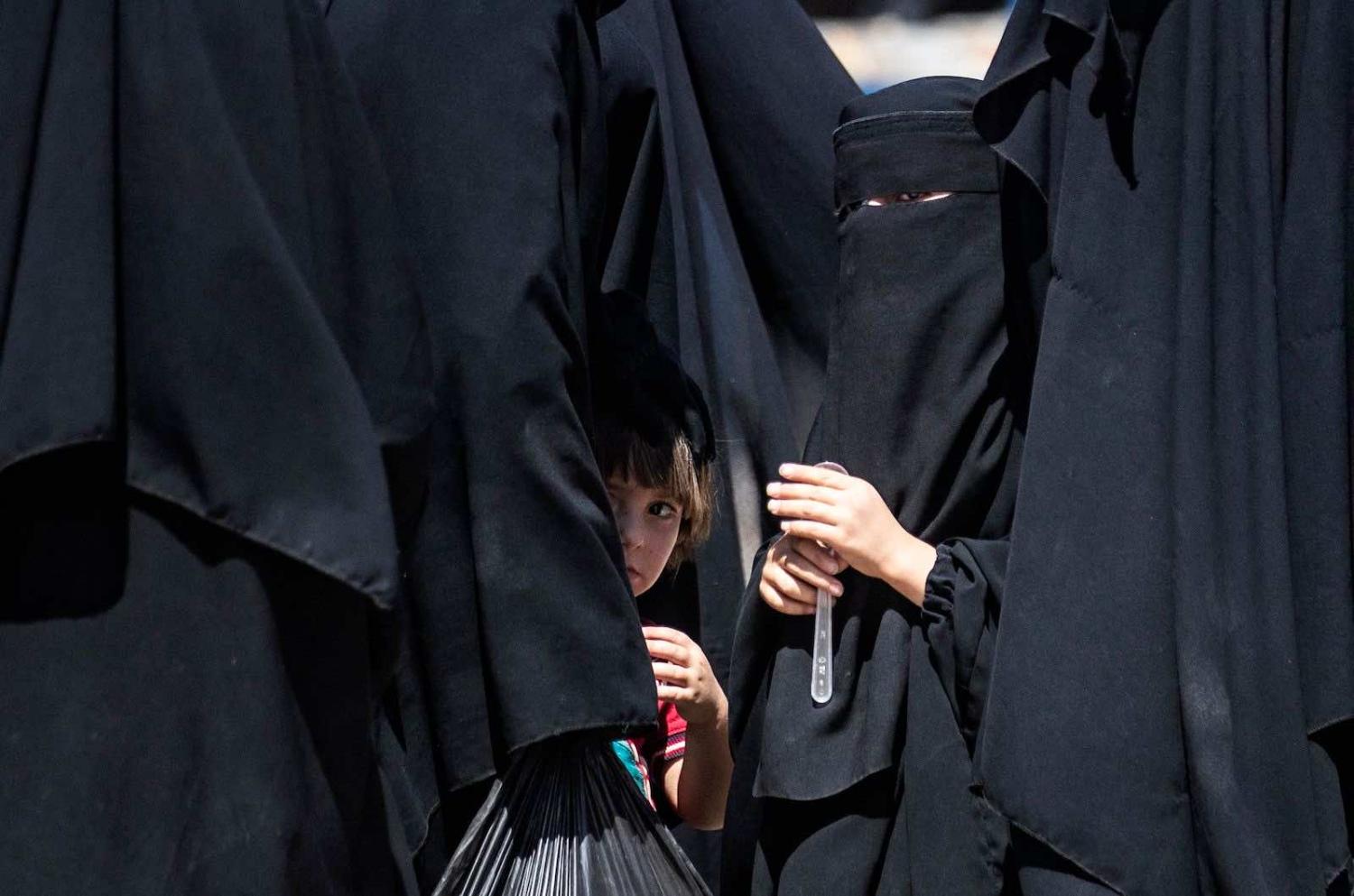The Covid-19 pandemic has dominated global and local news to such an extent for the last 18 months that there remains room for little else. But the aftermath of military campaigns in the broader Middle East has continued to generate headlines. Most recently it was the debate over Canberra’s obligation to Afghans who assisted Australia during its 20-year campaign in Afghanistan.
Then there is the fate of Australian women who had travelled to Islamic State territory only to be subsequently captured by Kurdish fighters as the so-called caliphate collapsed. A number of these women had children while in Islamic State territory. While the issues involving this group have not received much recent attention, the question of Canberra’s responsibility to bring these women and children home or otherwise monitor their welfare nonetheless remains an enduring and knotty challenge – sometimes compounded by decisions about whether to strip a person of citizenship.
Now, as the months turn into years that these women and their children have spent in Kurdish-run prisons in Syria, it may be necessary to re-think the approach to repatriation. Given the difficulty in settling the necessary legal, security and policy arrangements for the adults, it may be better to seek the return of the children alone.
The government’s preferred option appears to be for the women – like the men repatriated to date – to be arrested on return and held in custody. In which case, the children would be separated from their mothers.
To date, advocates for returning the Australian women who travelled to Islamic State territory have demanded that mothers and children be brought back together. Yet there are international precedents for repatriating children from Syria back to their country of citizenship without their mothers. Australia, too, has already made such a move, of a sort.
We know already that several warrants for Australian women who travelled to Islamic State territory are extant. Lawyers representing the women have reportedly suggested that they could be placed under control orders if brought back to Australia. However, the government’s preferred option appears to be for the women – like the men repatriated to date – to be arrested on return and held in custody. In which case, the children would be separated from their mothers.
Countries have taken varying approaches to their respective cohorts of female citizens who travelled to Islamic State territory and their children. This month, Belgium repatriated six women and ten children from al-Hol camp in the northern Raqqa region of Syria in line with a 2019 Belgian court order. Five of the six women went to prison, having been tried in absentia. The sixth was arrested in line with an outstanding warrant. Their children were taken into care.
In April, the Danish government offered to repatriate a Danish child from a camp in Syria, but only if the child’s Danish mother stayed behind. And in May, the Danish government stated that it would repatriate three Danish women and their 14 children, along with five other children without their mothers. It may well be that these children belong to three dual citizens stripped of their Danish citizenship because of their Islamic State membership. Denmark’s Justice Minister Nick Hekkerup said the government would seek to remand the women in custody “as soon as they set foot on Danish soil”.
Germany has repatriated both women and children on occasion, after an attempt to bring three children back to Germany without their mother was overturned by a German court.
But in the Netherlands and France, courts have sided with the government in determining who can and can’t return. France has repatriated orphaned children of French jihadists, and, in other instances, French women detained in Syria allowed their children to return to France without them and be placed into foster care while the mothers await their fate.
France 24 recently featured an interview with two of the mothers, with one arguing that her three children were better off in France and that they shouldn’t be punished for the mistakes she made. The other says her child is happy with a foster family.
If safety and fears about further radicalisation are the main concern for the families involved, perhaps now is the time for Australia to follow the example of some European countries and offer to repatriate the children while their mothers’ – and in some cases fathers’ – fates are decided.

